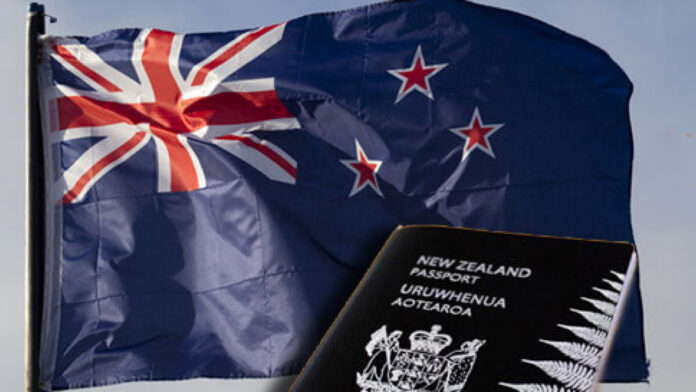New Zealand, renowned for its stunning landscapes and high quality of life, has recently tightened its visa rules in response to what authorities have deemed “unsustainable” levels of migration. The move, announced by Immigration Minister Erica Stanford, aims to address concerns surrounding the influx of migrants and its impact on various facets of New Zealand society.
Last year, a near-record 173,000 individuals migrated to New Zealand, marking a significant surge in population growth. In light of this, the government has implemented several changes to its visa regulations, particularly targeting low-skilled workers. Among the adjustments is a reduction in the duration of stay for low-skilled visa holders from five years to three, alongside a requirement for applicants to fulfill English-language proficiency standards.
Stanford emphasized the importance of aligning immigration policies with the government’s economic agenda, stating, “Getting our immigration settings right is critical to this government’s plan to rebuild the economy.” This sentiment underscores a broader strategy aimed at ensuring that immigration serves to bolster the nation’s workforce while mitigating potential adverse effects on the economy and society at large.
Under the revised rules, stringent criteria for skills and work experience have been established for most work visas. Moreover, employers are now tasked with verifying that prospective migrant employees meet these requirements before extending job offers. Additionally, plans to fast-track residency for certain occupations, such as welders and fitters, have been scrapped—a decision reflective of the government’s commitment to fostering a more judicious immigration system.
Prime Minister Christopher Luxon, echoing concerns regarding the sustainability of high migration rates, expressed reservations about the previous administration’s approach to immigration. Luxon, who leads the National Party, criticized the influx of migrants amid economic slowdowns, characterizing the preceding immigration system as “a complete hash.”
Despite the government’s efforts to strike a balance between economic needs and immigration control, concerns persist regarding the potential ramifications of stricter visa regulations. The Employers and Manufacturers Association raised apprehensions about unintended consequences, warning that overly restrictive policies might deter motivated workers and impede economic growth.
Meanwhile, New Zealanders themselves have been departing the country in significant numbers, with a record loss of 47,000 citizens reported last year. This trend, coupled with Australia’s decision to halve its migration intake, underscores broader regional dynamics concerning population movements and immigration policies.
Australia’s move to tighten visa rules for international students and low-skilled workers reflects similar concerns about housing affordability and infrastructure strain. The Australian government faces pressure to address these issues by temporarily reducing migration levels—a measure that resonates with New Zealand’s own efforts to manage the impacts of population growth on its society and economy.
As New Zealand navigates the complexities of immigration policy, striking a delicate balance between economic imperatives and social considerations remains paramount. By implementing targeted reforms, the government aims to ensure that migration contributes positively to the nation’s development while safeguarding the interests of its citizens and residents.


